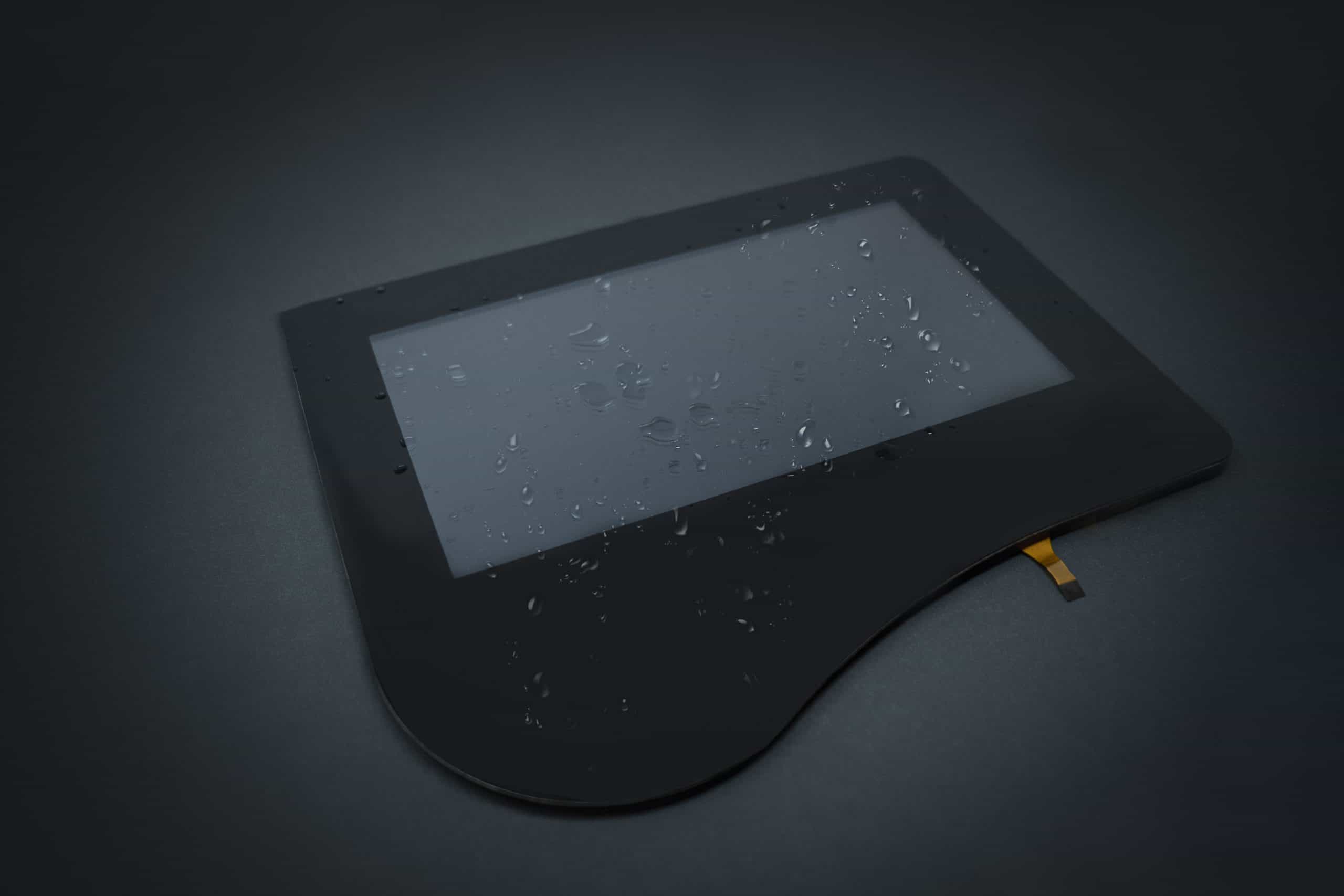The demand for touch screen technology has grown rapidly across industries ranging from retail and healthcare to automotive and consumer electronics. Businesses rely on reliable and high-quality touch screen solutions to improve user experience, boost efficiency, and support advanced technological applications. Choosing the right supplier is not only about securing a product but also ensuring long-term support, innovation, and cost-effectiveness.
When exploring potential partners, it is important to evaluate their expertise, production capabilities, and customer service. For businesses looking to source dependable products, selecting a trustworthy Touch Screen Supplier can make a significant difference in achieving operational and commercial success.
Assessing Quality and Reliability
The foremost factor to consider is the quality of the touch screen panels. High-quality components ensure durability, accurate responses, and consistent performance over time. A reliable supplier should provide panels that undergo rigorous testing for precision, clarity, and resilience against environmental factors such as dust, heat, and frequent usage.
Checking certifications and compliance with international quality standards also adds assurance. For industries like healthcare or aerospace, this is especially important because equipment must meet strict regulations and safety requirements.
Technological Expertise and Innovation
Technology in the touch screen industry evolves quickly, from traditional resistive touch screens to advanced capacitive models and multi-touch innovations. A good supplier should not only offer standard products but also invest in research and development to stay ahead of technological trends.
Suppliers with strong engineering teams can provide customized solutions tailored to specific business needs. For example, retail kiosks may require different screen sizes and sensitivity levels compared to industrial machinery. Partnering with an innovative supplier ensures that your business remains future-ready.
Range of Products and Customization Options
Every business has unique requirements, and a versatile supplier should provide a wide range of products, including different screen sizes, shapes, and functionalities. More importantly, they should offer customization to align with your operational demands, whether it is designing panels for rugged outdoor use or creating sleek displays for consumer devices.
Customization also includes aspects such as anti-glare coatings, water resistance, and enhanced durability. Suppliers that can adapt their offerings demonstrate flexibility and commitment to meeting diverse client needs.
Supply Chain Reliability and Delivery Timelines
A touch screen supplier with a robust supply chain ensures timely delivery of products, which is crucial for businesses managing large-scale operations or production schedules. Delays in sourcing components can lead to significant financial losses and disrupt project timelines.
It is wise to evaluate whether a supplier has strong manufacturing facilities, adequate stock levels, and dependable logistics partnerships. Consistent delivery performance is a hallmark of a reliable long-term partner.
After-Sales Support and Technical Assistance
Another critical factor is the supplier’s commitment to customer support. After-sales services such as troubleshooting, repair, replacement, and ongoing technical guidance add long-term value to the partnership.
Suppliers who provide comprehensive training resources and responsive technical support can help businesses integrate touch screen solutions more effectively. This not only minimizes downtime but also enhances the overall user experience.
Cost-Effectiveness and Value
While cost is a major consideration, it should not overshadow quality and reliability. Opting for the cheapest supplier may result in long-term issues such as poor performance, higher maintenance costs, and frequent replacements. Instead, businesses should focus on value—balancing affordability with superior product quality and reliable service.
Transparent pricing, clear warranty policies, and flexible payment options are also signs of a trustworthy supplier.
Reputation and Client References
Finally, reviewing a supplier’s reputation can provide valuable insights. Client testimonials, case studies, and references reveal the supplier’s track record in delivering high-quality solutions. Partnering with a supplier who has experience working across multiple industries can further instill confidence.
Researching their presence in the market and verifying their credibility helps ensure you make a well-informed decision.
Conclusion
Choosing the right touch screen supplier is a decision that directly impacts the efficiency, performance, and success of your business operations. By considering factors such as quality, innovation, product range, supply chain reliability, customer support, and reputation, you can identify a partner who aligns with your long-term goals. Investing time in this selection process ensures that your business not only meets current demands but also remains prepared for future advancements in touch screen technology.

